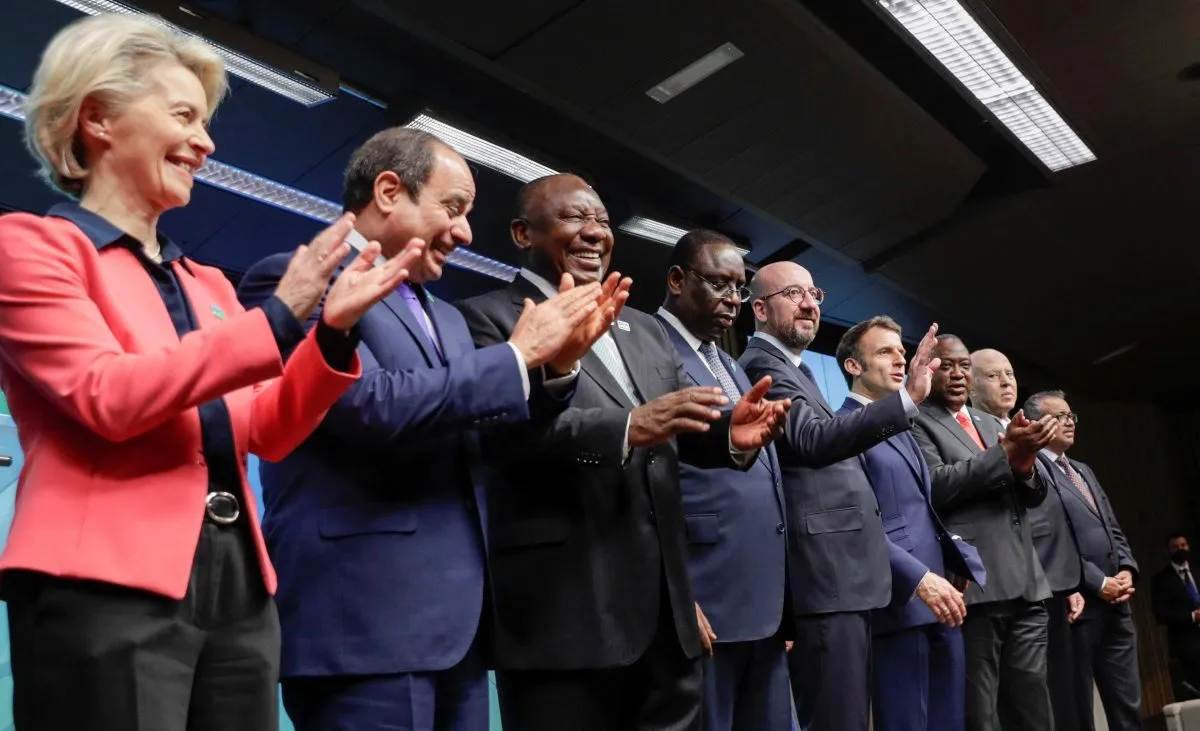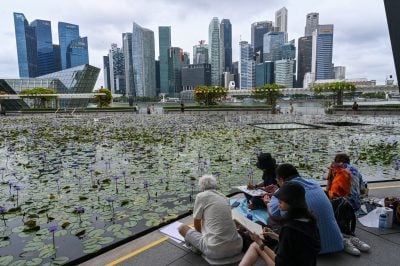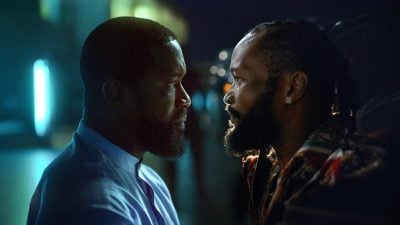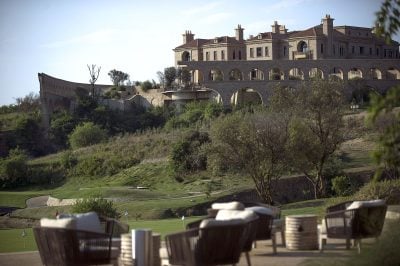Carlos Lopes, the former executive secretary of the United Nations’ Economic Commission for Africa, served as the African Union’s High Representative for Partnerships with Europe. His experience in negotiating with the EU led to this book – which is not only a no-holds-barred account of reaching diplomatic agreements with the Europeans, but much more besides.
The book is structured in three parts. The first part delves into history, carefully tracing the roots and evolution of this intricate relationship. The second offers a panorama of current affairs, concentrating on the last three years of negotiations that have shaped the narrative between these two continents. The third casts a contemplative gaze forward, addressing the challenges and opportunities ahead.
Is Africa being short-changed?
Lopes’ writing is driven by a belief that Africa is being short-changed – and that, if reformed, the relationship could be more productive for both continents. “This book was born out of my observations of these processes and seeks to underscore the critical need for proactive diplomacy, cohesive strategy, and vigilant resistance against passive-aggressive manipulation,” Lopes writes. “I believe that European and African leaders who head up the partnership between these two continents share a deeply ingrained mindset characterised by self-deception, and it is this mindset that I endeavour to unravel and elucidate within the pages of this book.”
At the heart of Lopes’ concerns are the EU’s Economic Partnership Agreements (EPAs), bilateral trade deals with individual African countries rather than deals with the continent as a whole. Lopes argues that the EU’s prioritisation of EPAs puts Africa at a disadvantage given the continent’s enormous combined population and resources compared to individual states.
As Lopes reminds us: “If the real GDP were known, Africa would represent a bigger economy than India (with a larger population still), its debt-to-GDP ratio would diminish, and its consumer market would be resized considerably. Africa as a continent could qualify besides the G20 for a seat at the G7 and in other fora, in the same way that the EU does.”
Furthermore, Lopes believes that the EU’s strategy threatens to endanger Africa’s integration attempts under the African Continental Free Trade Area (AfCFTA) agreement, which aims to forge a single liberalised market to increase socio-economic development, reduce poverty, and make Africa more competitive in the global economy.
Tense talks
Lopes draws on his experiences of recent negotiations with the EU, as the AU’s High Representative, to illuminate some of the challenges in the relationship. In particular, he details the tense negotiations which eventually led to the Samoa Agreement, signed in November 2023 between the EU and its member states and the 79 members of the Organisation of African, Caribbean and Pacific States, which serves as a legal framework for multilateral relations and replaces the 2000 Cotonou Agreement.
Lopes is deeply critical of the EU’s approach to the talks. “The EU Commission was resolutely convinced that its endorsed negotiation positions held a sacrosanct status. Such a positioning was akin to a donor dictating terms, where the one providing the funds held sway.
“The response from European counterparts exhibited a persistent inclination to marginalise the AU High Representative with a pattern of passive-aggressive behaviour. This manifested in attempts to curtail my participation in crucial processes and events they steered. Alternatively, they often chose to disregard the positions and communications I conveyed, justifying this stance by citing the requirement for the AU Commission to secure authority from member states for each decision.”
Lopes argues that the EU Commission’s aggressive negotiating tactics in the post-Cotonou era meant that the talks were not as productive as they might have been.
“The evolving landscape revealed how underlying neocolonial tendencies shaped interactions, perpetuating a cycle of subverted intentions. While the EU’s passive-aggressive manoeuvres aimed to steer negotiations, the eventual outcome unveiled a shared reality,” Lopes comments. “Neither the EU’s objectives nor the AU’s aspirations were fully realised.”
In particular, Lopes is critical of the EU’s stance on African migration. He also admits, however, that a lack of African joined-up thinking means that the continent is not as effective in negotiations as it should be.
“The lack of an overarching strategy on the part of the AU is stopping Africa from playing a more proactive role in its external partnerships and putting African countries at a disadvantage.
“This can be seen in negotiations with the EU where, despite common African positions on migration, energy access, climate adaptation, and vaccine access demonstrating African assertiveness, African countries have struggled to formulate strategic priorities with the EU beyond thematic and reactive proposals.”
Aid money ‘squandered’
Another aspect of the relationship that comes in for considerable criticism is what he calls the “disappointing” impact of the EU’s official development assistance (ODA).
Lopes agrees that “developed nations, which have historically contributed the most to carbon emissions and benefited from industrialisation, bear a heightened responsibility to support vulnerable and less developed nations.”
Nevertheless, he argues that well-intentioned aid has all too often been poorly targeted. “Over $1.2 trillion of development assistance has been poured into the continent in the last 30 years, twice that if you include unofficial charitable giving,” he argues; but “addressing urgent humanitarian crises and systemic factors perpetuating global poverty, is still lacking.”
Lopes’ analysis of ODA recalls the famous critiques of Zambian-British economist Dambisa Moyo, whose 2009 book Dead Aid proposed that aid itself is the cause of a “never-ending cycle” of economic, political and social problems keeping Africa in a perpetual state of poverty.
“A discernible pattern emerges,” Lopes writes: “European actors, often driven by benevolent intentions, perpetuate an image of altruism. Nevertheless, they may sometimes overlook the unintended consequences of their charitable endeavours, obstructing true transformation,” he writes.
Time for change
Summarising, Lopes argues: “The relationship between Europe and Africa remains multifaceted, extending far beyond financial aid. Consequently, there is a growing call for a more discerning approach to aid acceptance, selective engagement, and a nuanced understanding of African societies to guide European decision-making.”
That, however, requires a significant shift in attitudes on the part of the EU.
“An authentic partnership transcends manipulation, pointing towards the necessity of recalibrating power dynamics to achieve equitable, enduring collaboration,” he argues.
His critique, detailed at length in this impressive open-access text, should garner attention at the highest levels of EU-Africa policymaking.
Sign up here to join a live conversation with Professor Lopes to discuss the book on 11 October (11:00 GMT | 12:00 Lagos/London | 13:00 Johannesburg | 14:00 Cairo/Nairobi)
The Self-Deception Trap: Exploring the Economic Dimensions of Charity Dependency within Africa-Europe Relations
By Carlos Lopes
Palgrave Macmillan
ISBN 978-3-031-57590-7
You can download free electronic versions of this book via www.selfdeceptiontrap.info
Want to continue reading? Subscribe today.
You've read all your free articles for this month! Subscribe now to enjoy full access to our content.
Digital Monthly
£8.00 / month
Receive full unlimited access to our articles, opinions, podcasts and more.
Digital Yearly
£70.00 / year
Our best value offer - save £26 and gain access to all of our digital content for an entire year!

 Sign in with Google
Sign in with Google 



